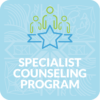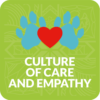At The International School of Kuala Lumpur (ISKL), we are guided and connected by our Mission and Vision to create the best possible education experience for our students, and we understand that the strength of the partnership between a school, its students, and parents is essential in making our diverse community special. One of the ways is via ISKL Parent Essentials workshops, which are held regularly to support parents and help with their children’s growth and development at home.
ISKL Elementary School (ES) Counselors Chris Wright, Emma Gedge, and Lynn Kogelmann conducted a workshop for ES parents focusing on self-regulation, which is the act of managing thoughts and feelings to enable goal-directed actions. Self-regulation makes things easier for young people to navigate through challenges and choose how to respond to events in their lives.
When talking about how child/ren have different thoughts and feelings which should be recognized as valid and the idea is to teach them how to manage these feelings, Emma said, “We want to help them notice these reactions when they are happening, and then make positive choices for themselves and for the environment around them.”
Emma also added that self-regulation is a skill that can be modeled by teachers and parents, and it can also be taught and practiced.
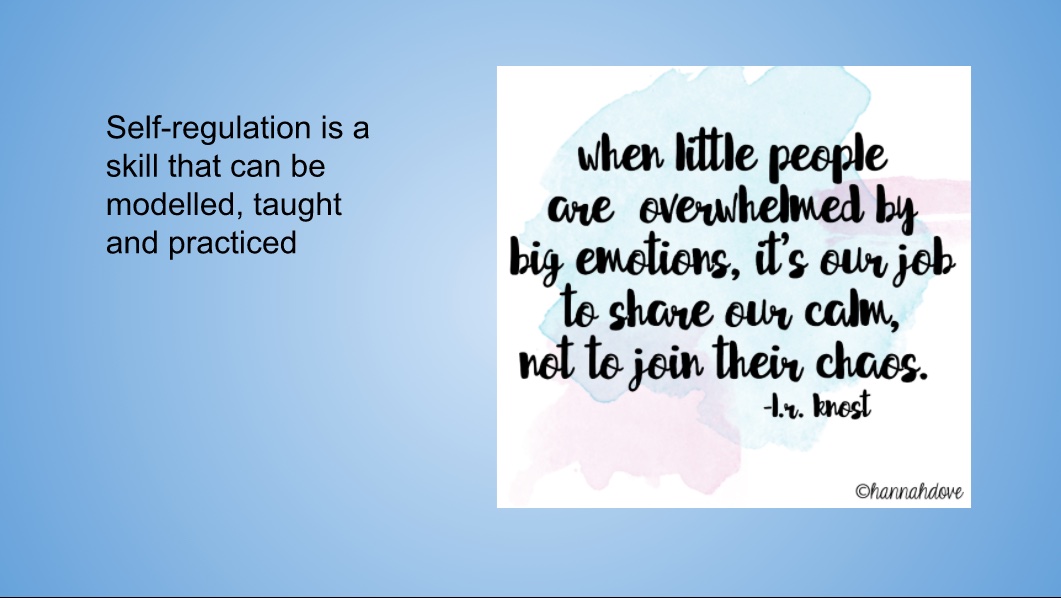
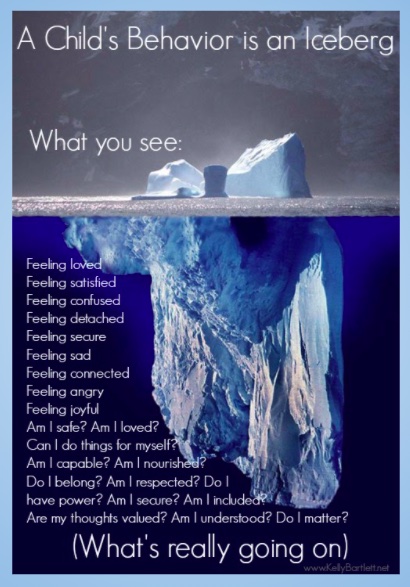 “Our children’s behavior is a form of communication which tells us something about what they are thinking or feeling. Behavior can be learned which means it can also be unlearned. It is often triggered by something or someone, and positive behavior benefits from consistency, be it from parents at home or teachers at school who naturally become our children’s role model,” Emma explained.
“Our children’s behavior is a form of communication which tells us something about what they are thinking or feeling. Behavior can be learned which means it can also be unlearned. It is often triggered by something or someone, and positive behavior benefits from consistency, be it from parents at home or teachers at school who naturally become our children’s role model,” Emma explained.
Lynn then took over with an explanation of how everybody’s behavior is very much like an iceberg as it is multifaceted. This is because what we see from our child’s behavior is only a fraction of what is really going on beneath the surface, a whole lot of other thoughts and emotions impact the way they respond. The way we behave has a lot to do with the way our brain processes things.
“The amygdala (feeling) part of the brain controls our fight, flight or freeze behavior while the prefrontal cortex (reasoning) controls our emotions, behavior and decision-making. When our children are deregulated, it means these two parts are not talking to each other and working together effectively,” she explained.
She then passed the session over to Chris who explained about the 3Rs, which are Regulate, Relate, and Reason.
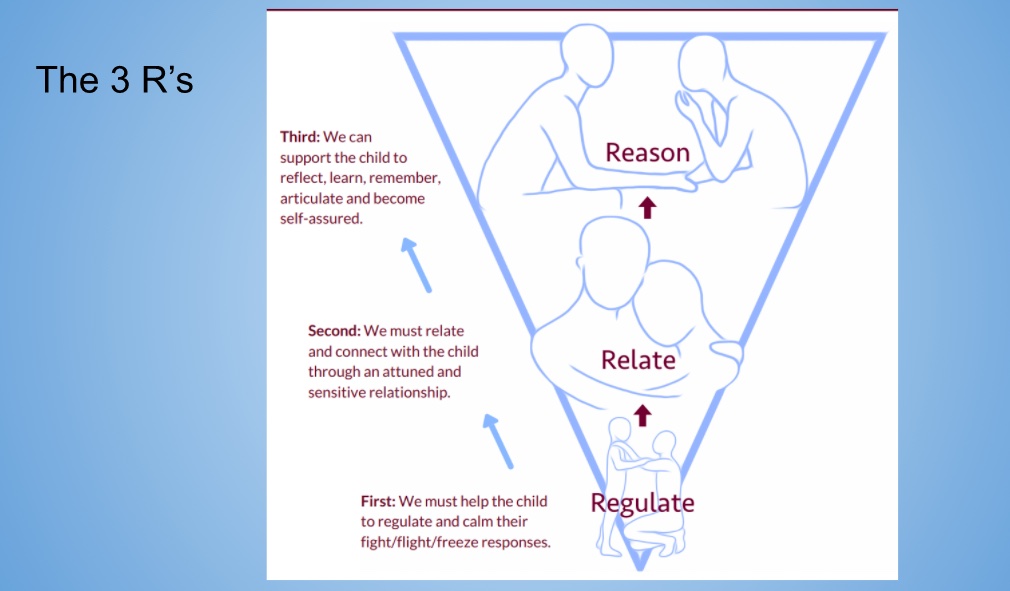
Regulate: Firstly, we have to try to help the child and calm their flight, flight and freeze responses.
“Every child is different, and there are various ways to soothe and redirect your child’s behavior. You might want to establish a ‘calming corner’ for them with soft toys and pillows, where they can feel comfortable talking to you. You can also help them with some of the grounding or breathing strategies to help them focus on the moment,” said Chris.
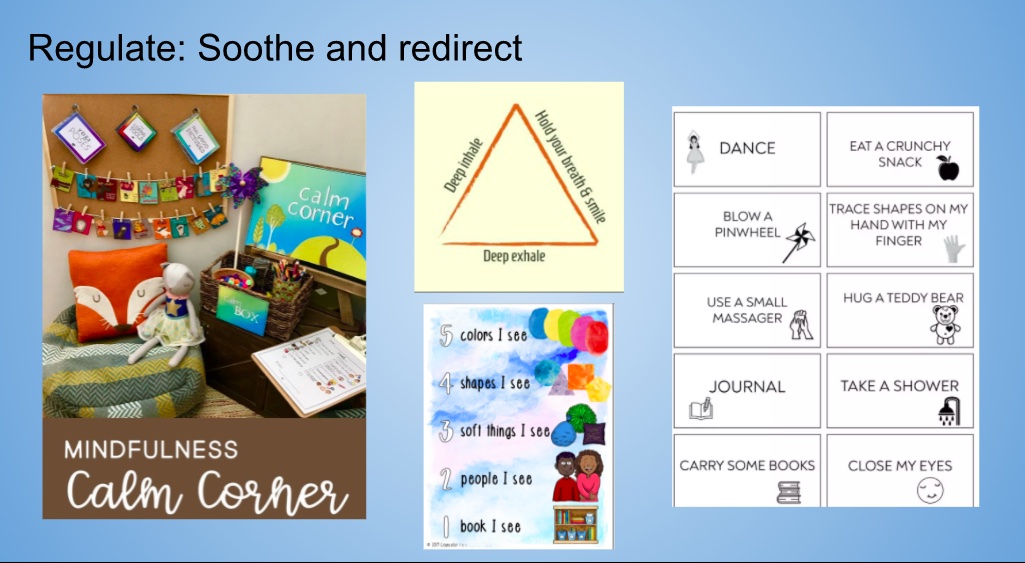
Relate: We must relate and connect with the child through an attuned and sensitive relationship.
“You can validate their feelings and connect with them by using words such as ‘I hear you’ and ‘I understand that’. Once they have calmed down, encourage your child to talk to you more to get to the root of their behavior and assure them that you are listening. You can also use a zone chart to help communicate with your child in the language they understand.”
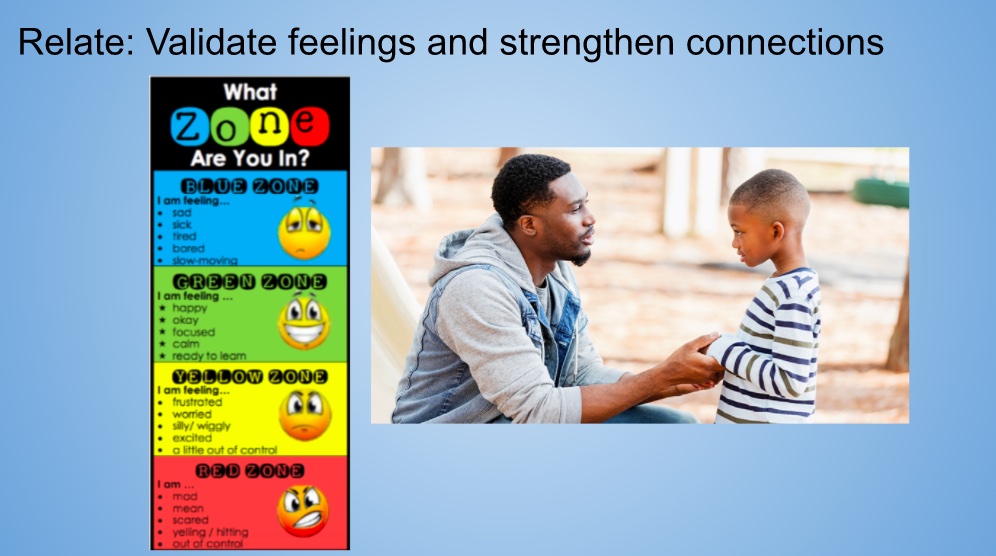
Reason: We can support the child to reflect, learn, remember, articulate and become self-assured.
“It is important that we understand what triggers our children, and recognize what will make things escalate and get out of control, and make them upset. When we are prepared ahead of time, then we can learn to lessen bad behavior. Giving clear sets of instructions will also help them know what is coming next. Set boundaries by spelling out consequences before, and not during the child’s behavior, so that they are aware of what will happen if they exceed the limits.
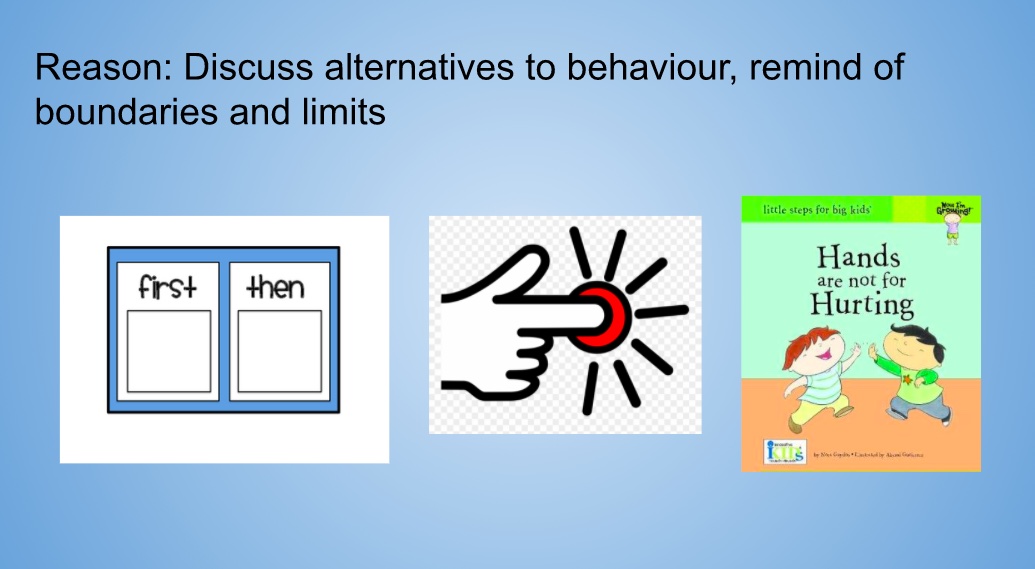
Before ending the session, Chris highlighted a quote by Life Change Coach Jane Evans: “When a child can’t calm down, they need connection and comfort, not criticism and control.”
One of the biggest gifts that we can give to our children is co-regulation as we strive to validate their feelings and give them assurance. For more parenting tips and related workshops, follow ISKL’s Facebook, Instagram, and YouTube or read our blog.
